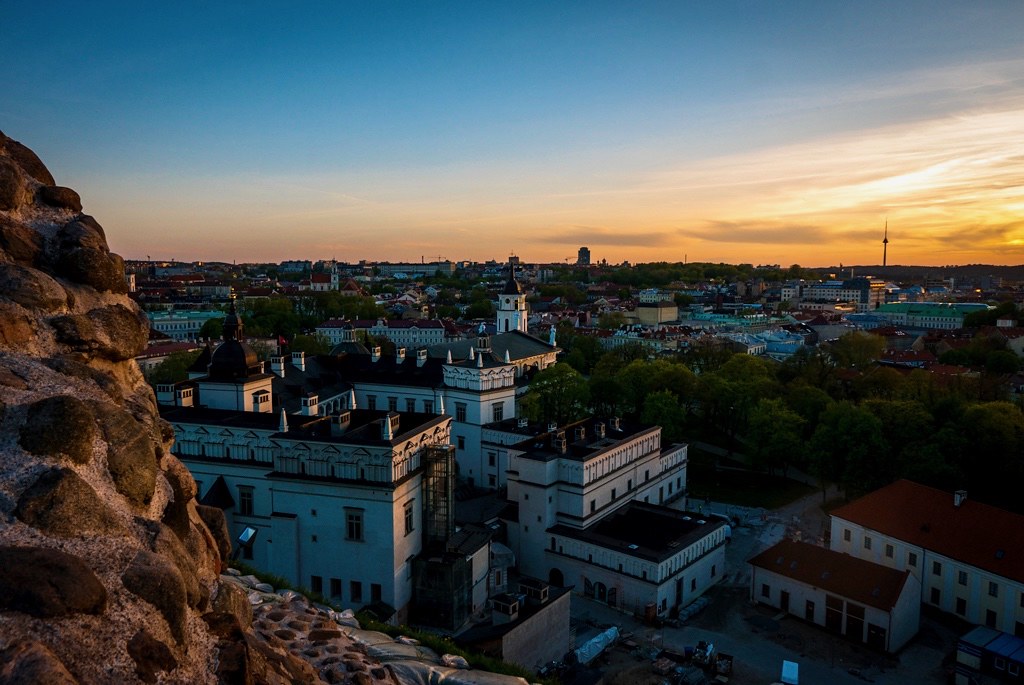Lithuania is set to hold technology-agnostic renewable energy auctions. After plans announced in April secured EU approval, the country’s Ministry of Energy has now issued a timeline for the exercise.
Lithuanian energy minister Žygimantas Vaičiūnas said annual auctions, each for 700 GWh of renewables generation capacity, will be held from next year to 2022. A first auction was announced by the State Energy Regulatory Authority on September 2, said a statement from the ministry. The proposed tender timeline is yet to be approved by the government.
“Lithuania has set ambitious targets for the development of renewable energy and a clear plan for achieving them,” said Vaičiūnas. “It is our ambition to have as much clarity and transparency as possible for those investing in green energy in Lithuania and to maximize the number of bidders and competition. The approved auction schedule will allow investors to evaluate their options and prepare properly for all auctions.”
The plan to attract investors includes action from electricity distribution and transmission system operators which are ordered to publish details online of spare capacity in their networks. Such information will show investors which regions have capacity immediately available and which areas will involve a wait for new infrastructure.
Import dependency
Lithuania plans to reduce electricity imports and achieve 38% energy independence by 2025. The government assumes it will need around 5 TWh of electricity generation capacity to achieve that goal.
In the announcement in April, the government disclosed it would provide a 12-year feed-in premium tariff. “The key criterion that will determine new auction winners will be the lowest premium [offered by the bidders] … to the hourly electricity market price in the day-ahead Nordpool spot,” the government said.
Lithuania’s installed renewable energy capacity totaled just 832 MW last year, of which 86 MW were PV. The country’s regulatory framework only supports residential and commercial systems, through a net metering scheme.
The government has put aside €385 million to stage the tenders which form part of a bid to eliminate power imports by 2050. By 2030 the administration aims to halve imports, with two-thirds of its electricity consumption to be produced domestically. The government calculates around 35% of Lithuania’s power demand can be met by domestic generation by next year.
This content is protected by copyright and may not be reused. If you want to cooperate with us and would like to reuse some of our content, please contact: editors@pv-magazine.com.




By submitting this form you agree to pv magazine using your data for the purposes of publishing your comment.
Your personal data will only be disclosed or otherwise transmitted to third parties for the purposes of spam filtering or if this is necessary for technical maintenance of the website. Any other transfer to third parties will not take place unless this is justified on the basis of applicable data protection regulations or if pv magazine is legally obliged to do so.
You may revoke this consent at any time with effect for the future, in which case your personal data will be deleted immediately. Otherwise, your data will be deleted if pv magazine has processed your request or the purpose of data storage is fulfilled.
Further information on data privacy can be found in our Data Protection Policy.